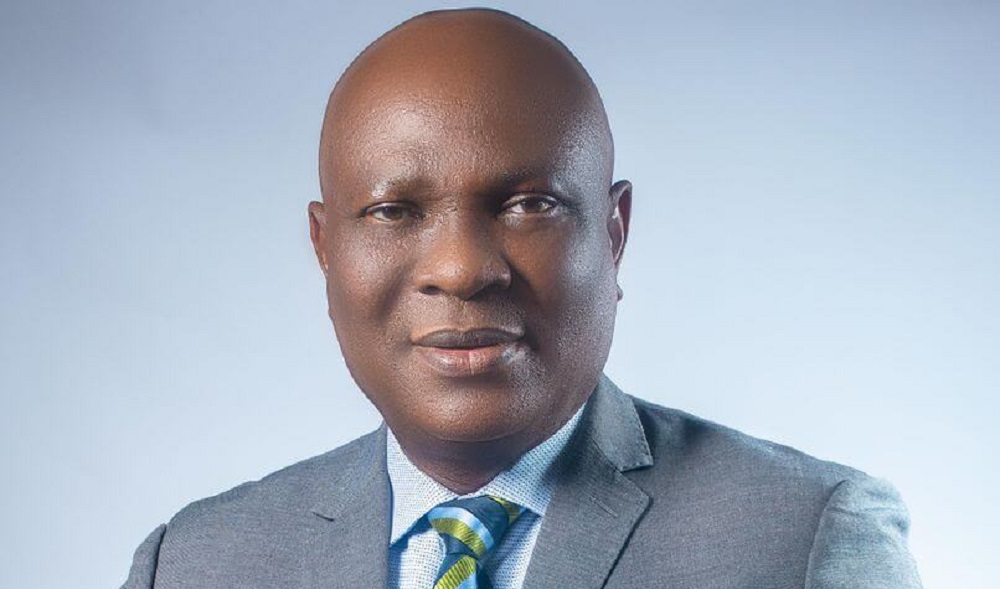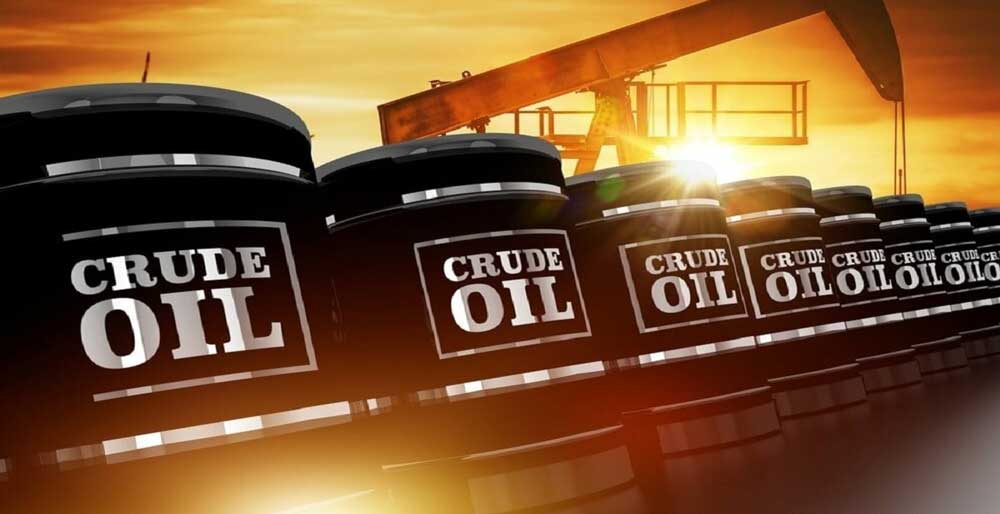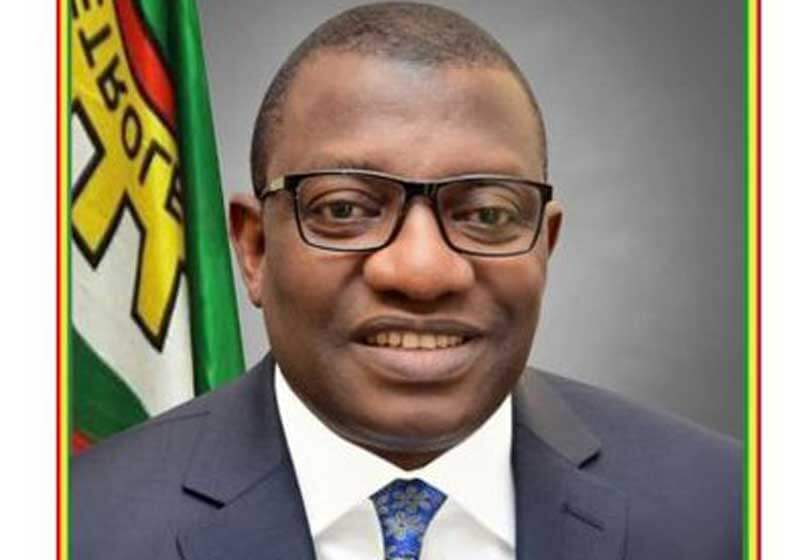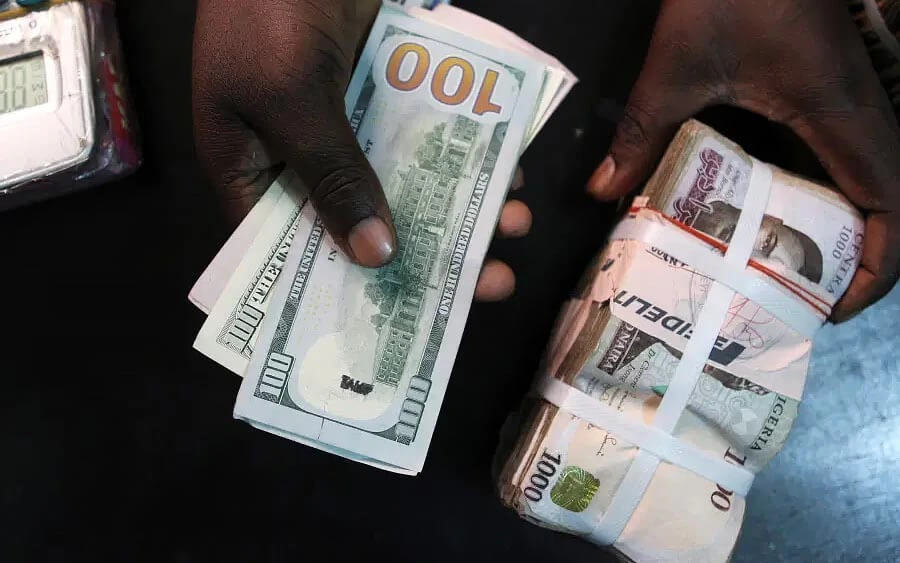Shell’s $5.34bn Payment to Nigerian Government Tops Global List for 2024
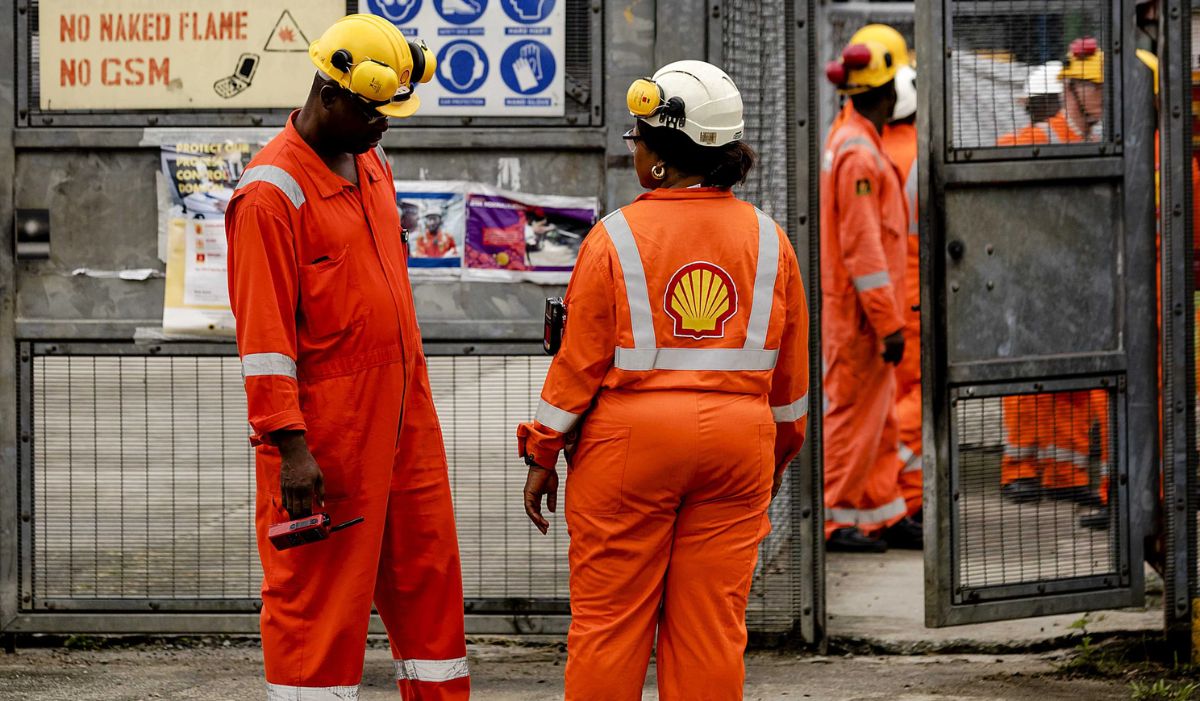
Energy giant Shell Plc transferred $5.34 billion to the Nigerian government in 2024, marking the highest payment to any country globally, despite ongoing divestment from its onshore oil operations in Africa’s largest crude producer.
This information comes from Shell’s annual “Payments to Governments” report, a mandatory disclosure under UK regulations. Nigeria ranked first among countries receiving Shell payments last year, surpassing Oman, Brazil and Norway. The 2024 figure represents a significant 40% increase from the $3.8 billion Shell paid to Nigeria in 2023.
The $5.34 billion payment was distributed across several Nigerian federal institutions responsible for petroleum revenue administration and regional development.
The Nigerian National Petroleum Corporation (NNPC) received the largest portion at approximately 71% of the total, amounting to $3.8 billion.
The complete allocation was:
– Nigerian National Petroleum Corporation (NNPC): $3,804,949,166
– Federal Inland Revenue Service (FIRS): $648,734,398
– Nigerian Upstream Petroleum Regulatory Commission (NUPRC): $781,963,813
– Niger Delta Development Commission (NDDC): $97,260,899
– National Agency for Science and Engineering Infrastructure (NASENI): $3,931,917
These payments form part of Shell’s global government disbursements for extractive activities, which totaled $28.1 billion in 2024, reflecting a 5% decrease from the previous year that mirrored a broader decline in profitability.
According to Shell’s 2024 report, production entitlements—the government’s share of crude oil output under joint venture and production sharing contracts—comprised $3.8 billion of the total payment to Nigeria. Tax payments accounted for $648.7 million, royalties totalled $770.2 million, and fees plus other statutory charges amounted to approximately $102 million.
Shell’s East Asset, a key production hub in Nigeria, generated the largest share of entitlements with $1.3 billion in payments. Oil Mining Lease (OML) 133 accounted for $136.6 million, primarily in taxes.
A group of licenses—OML 212, OML 118, OML 135, and Oil Prospecting License (OPL) 219—collectively attracted $1.4 billion in payments across various categories, highlighting the fiscal importance of Shell’s upstream operations in Nigeria.
In addition to Nigeria, Shell disbursed substantial sums to other governments where it operates, with total global payments reaching $28 billion.
Oman received the second-largest amount at approximately $4.3 billion, while Brazil, Qatar, and Norway received $4.5 billion, $3.33 billion, and $3.38 billion, respectively.
Other African nations received considerably smaller payments: Egypt ($43 million), São Tomé and Príncipe ($1.3 million), Tanzania ($140,000), and Tunisia ($29.3 million).
Interestingly, Shell received a $32 million refund from the UK government related to decommissioning costs at the Brent field and other North Sea assets, down from a $43 million refund in 2023.
Shell has maintained operations in Nigeria for over 80 years but is now exiting its onshore oil business following persistent operational challenges, community conflicts, oil spills, and growing environmental liabilities in the Niger Delta region.
The company has described this divestment strategy as an effort to “simplify the portfolio” and support its long-term ambition to become a net-zero emissions energy company by 2050.
Despite these divestments, Shell remains committed to its deepwater oil and gas operations in Nigeria, which it considers more aligned with its lower-carbon energy objectives.
In March 2025, Nigeria’s House of Representatives summoned 48 oil companies, including Shell Nigeria Exploration and Production Company, to appear before its Committee on Public Accounts. These investigative hearings aim to probe a combined debt of N9.4 trillion identified in the Auditor-General’s Annual Report for the year ending December 31, 2021.
That same month, the Nigeria Extractive Industries Transparency Initiative (NEITI) announced a review of divestments involving 26 oil blocks valued at $6.03 billion by five International Oil Companies (IOCs). The review focuses on ensuring transparency and regulatory compliance in these transactions.
The transactions under review include major deals such as Shell’s $2.4 billion sale to Renaissance, ExxonMobil’s $1.28 billion transfer to Seplat, and TotalEnergies’ $860 million sale to Chappal.
NEITI emphasised that these divestments are reshaping Nigeria’s oil and gas industry, making transparent and regulatory-compliant processes essential.
